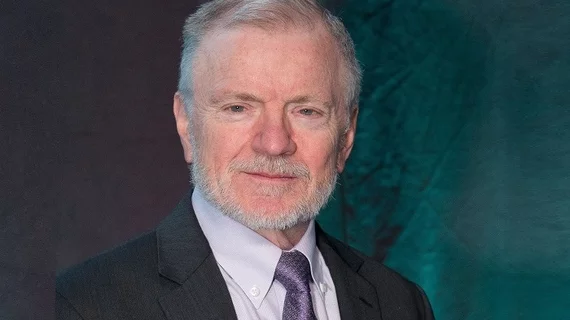SNMMI elects new president, other leadership positions during annual meeting
The Society of Nuclear Medicine and Molecular Imaging (SNMMI) announced Monday that is has elected a handful of incoming leaders, including a new president.
Alan B. Packard, PhD, an associate professor of radiology at Harvard Medical School, will take over as SNMMI’s president. He plans to enhance the society’s core member benefits and illustrate molecular imaging’s crucial role in patient care through work with various industry partners.
“This is a very exciting time for the field of nuclear medicine, and as president of SNMMI, I look forward to working with my fellow members to build upon recent breakthroughs in the field, especially in the area of theranostics, and to demonstrating the value of nuclear medicine to those outside our field,” Packard said in a statement released during the organization’s virtual meeting.
Packard has been a longtime SNMMI member, currently serving as chair of its Education Committee, and in the past, on the society’s board of directors.
Richard L. Wahl, MD, head of radiology at Washington University School of Medicine in St. Louis, will take on the role of president-elect, the society announced during the virtual gathering. He currently serves as the chair of the Research and Discovery arm for SNMMI’s Value Initiative. Wahl plans to focus on access and advocacy for nuclear medicine while enhancing diversity within the field.
Finally, SNMMI named Munir Ghesani, MD, as its vice president-elect. He currently holds the title of chief of nuclear medicine and molecular imaging at Mount Sinai Health Enterprise, and has used his time at the organization to enhance advocacy measures.

